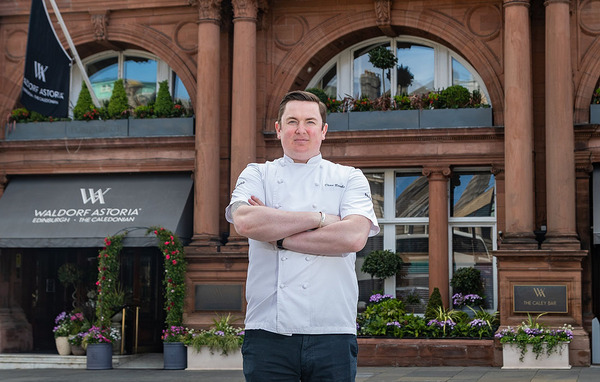Staff poaching causing ‘unsustainable’ wage demands
An increase in staff poaching has seen operators having to offer ‘unsustainable’ salaries to recruit.
Sam Harrison, owner of Sam’s Riverside in London’s Hammersmith, fears that independent restaurants will be the hardest hit by “staggering” salary increases.
He had three staff members poached in a week. A chef on £40,000 left for a competitor offering £50,000, a waiter on £14 per hour moved to a venue offering £16 per hour, and another waiter left because of a £2,000 signing-on fee.
Harrison said: “I think people are more tempted than ever. The guy who was offered £2,000 said ‘I don’t really want to leave, but I don’t know what’s going to happen this winter’. But the problem is if independents try to compete with that, we just can’t. We don’t have those other forms of income that bigger groups have.”
He added that the deeper pockets of larger restaurant groups, high-end chains and hotels are “putting people’s wages out of whack”.
“I hate to sound bitter, but it’s not really a level playing field. A waiter being offered £16 – that’s £40,000 a year, that’s more than what teachers get paid, that’s more than what trained nurses get paid.
“I think there’s always been an element of poaching going on. It just suddenly feels now those with deep pockets are being quite aggressive about it because these are desperate times.”
Nicola Gartenberg, executive director of the Adam Handling Restaurant Group, has heard of bartenders being offered between £45,000 and £50,000 a year, which, she said, would normally be the equivalent of a “quality manager’s pay”.
It is almost double the national average salary for bartenders, which is at £25,507, according to figures from Indeed.com.
She said: “I think the most frustrating aspect of it is when we are hiring new people. For the people within [our group], the poaching is not so much of a stress because they know how we work and who we are. But people who have never worked with us are going ‘I’m a bartender and I should be on £50,000’.”
She added that it is “unsustainable” for companies to constantly offer higher wages, with businesses already burdened with soaring food costs, rising energy prices, and quarterly VAT bills at pre-pandemic levels.
She added: “I actually don’t know how they are going to manage to do it, because the wages are just going up and up and up. I just think that it’s going to end up in some form of implosion.”
Oliver Milburn, co-owner of Kitty Fisher’s and Cora Pearl in London’s West End, said the broader problem of staff shortages has resulted in some applicants demanding “eye-watering” wages.
“You have to act fast in order to get people. The issue really is speed. There are so many jobs available and so few people, which often means deciding to pay more than you want to pay is the prerequisite of getting these people to work with you.”
Andrei Lussmann, managing director of Lussmanns Sustainable Kitchen in St Albans, Hertfordshire, added: “There are so many jobs out there. If a new individual feels it’s not right for them, I’ll spend a lot of money on induction and training the early couple of months [then] they’ll just walk out and go somewhere else, whereas some time ago, if there were not enough jobs, invariably they would make a go of it.”

















